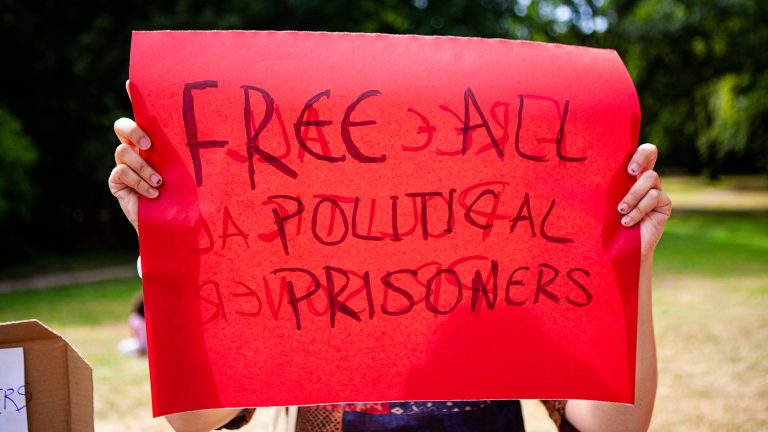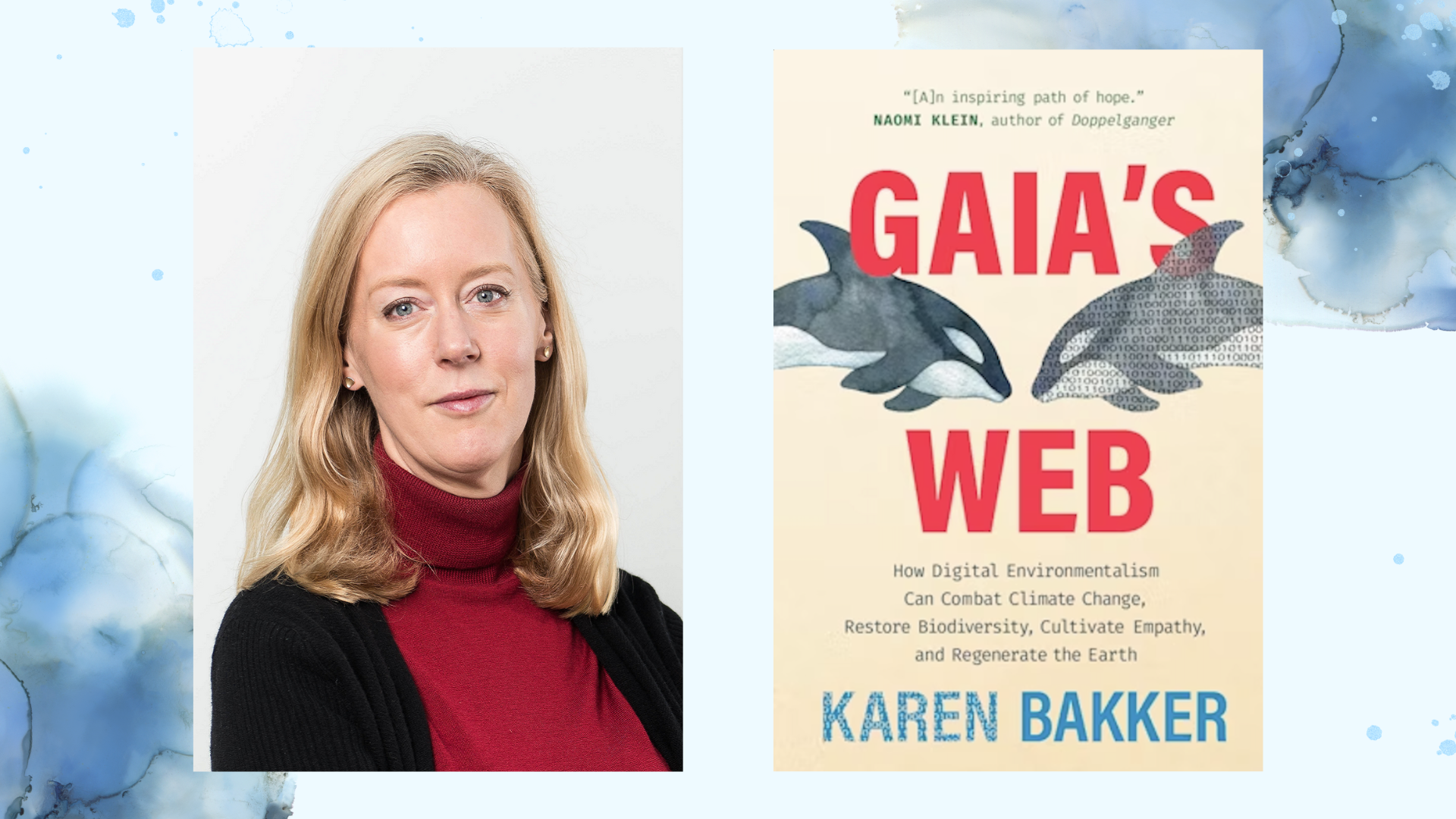

Assistant professor Mohammed Rafi Arefin spoke to CBC’s The Current about Egypt’s upcoming hosting of the UN’s climate conference (COP27) in November.
Dr. Arefin has previously worked and conducted research in Egypt, though it has become increasingly difficult to do so since President Abdel Fattah el-Sisi came to power.
“When it comes to environmental issues, or social or political issues that might stir any kind of dissent, the Sisi government has resorted to all different kinds of mass repression; arrests and imprisonments, intimidation, international travel bans.
The estimates are that since 2013 there’s been over 60,000 political prisoners put behind bars.
In relation to COP27, the issue is that the local activists, the people who could keep these talks accountable or have more just visions for environmental futures, are behind bars.
These discussions should be held and hosted by countries in the Global South who [are responsible for] the least amount of emissions, but are primed to suffer the worst consequences of climate change. [But] the Sisi government is unfit to represent Egypt’s environmental interests, and is certainly not fit to represent the continent.”


Protesters responded to President Sisi’s visit to Berlin this summer, for talks in advance of COP27.
“The decision to host in Egypt is and was misguided, but now that the COP will be hosted there, it’s really necessary for international delegates to raise the plight and the issue of political prisoners and political repression.
I’m really concerned that we’re leaving Egyptian activists, Egyptian citizens suffering from the climate crisis as our sacrifice in the climate movement, if we’re unable to raise these concerns.
It’s a clear case that any just environmental transition or an equitable plan for managing the impacts of climate change are not separate from political freedoms around the world.
I really hope that the world’s attention doesn’t leave Egypt when the COP concludes. Because at the end of November, when this is all over, if there are local public shows of dissent, much of the repression will happen after international delegates go home, and those who have dared to speak out will suffer reprisal.”


